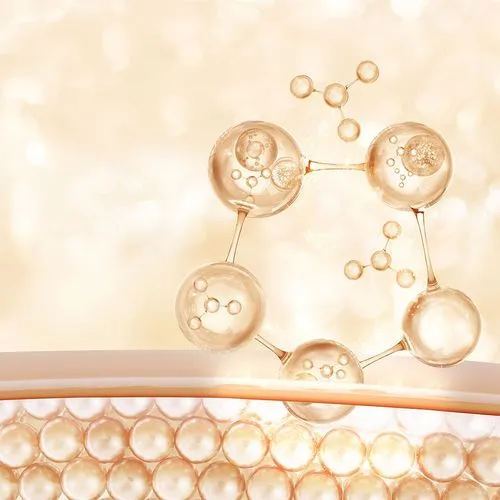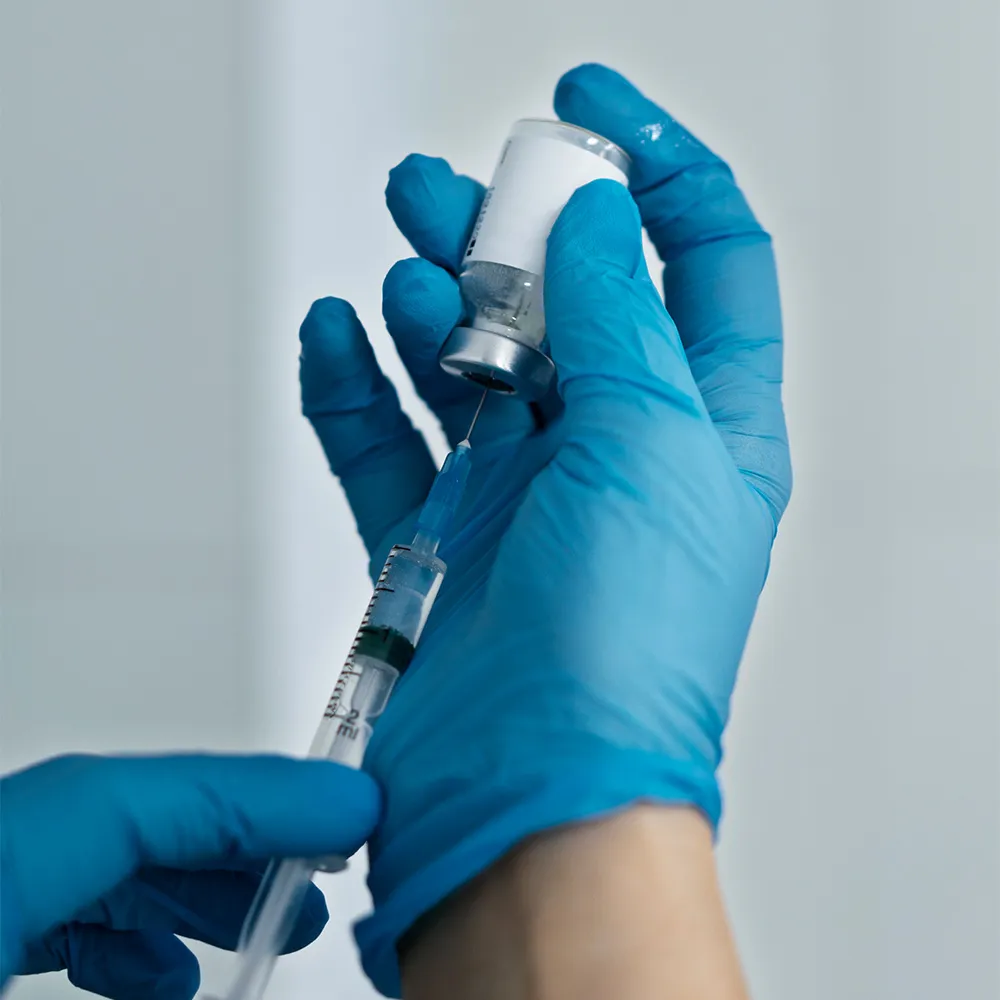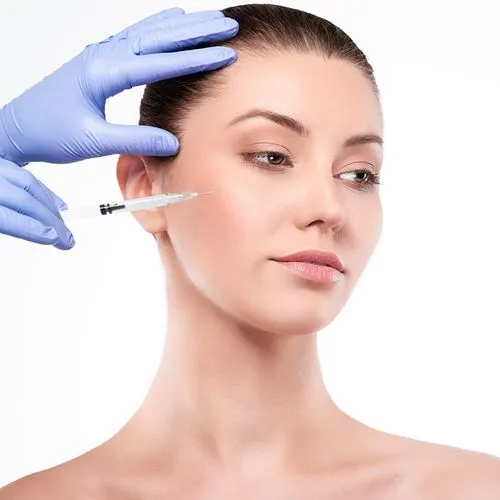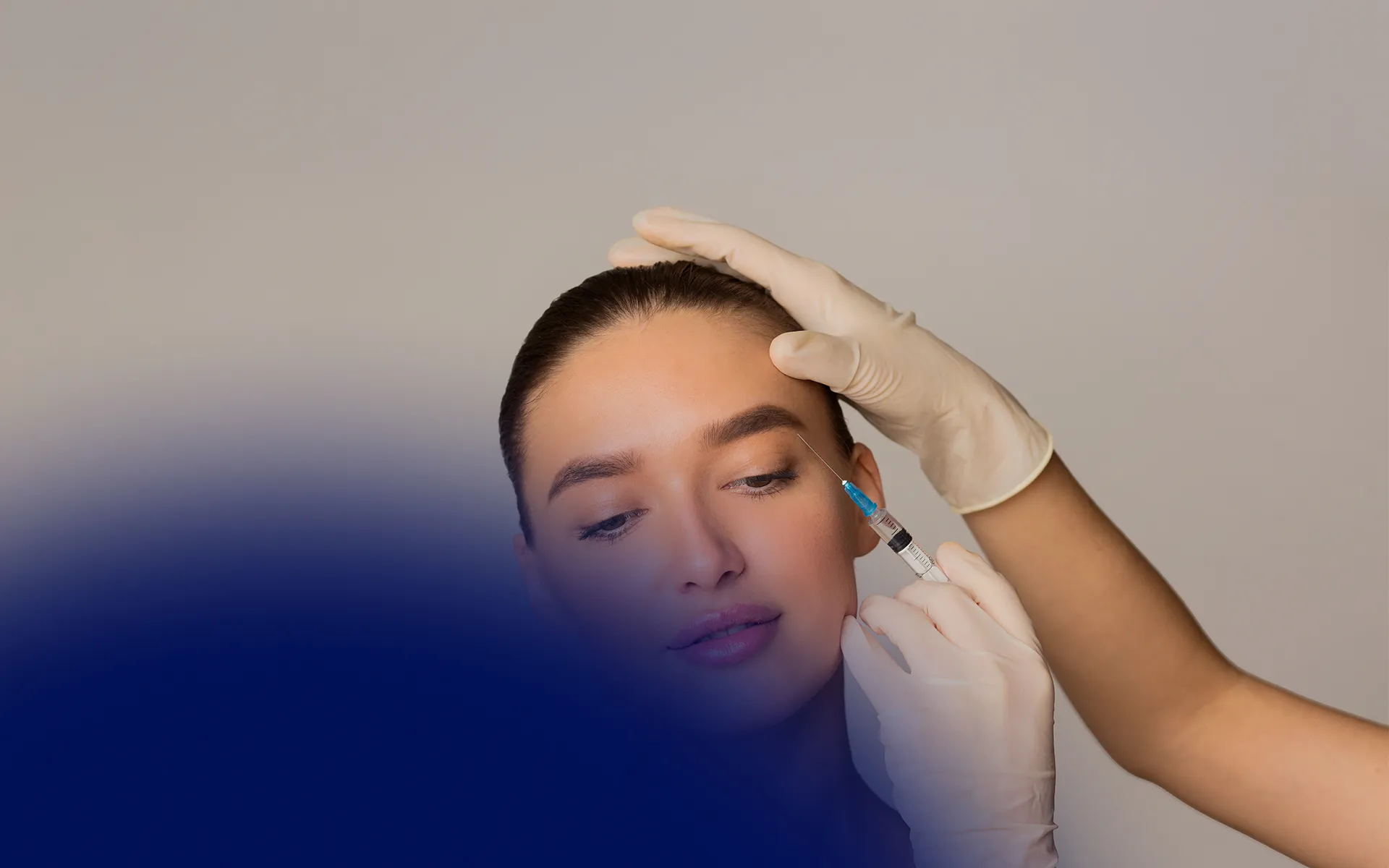
What is peptide therapy? Imagine giving your body tiny, natural messengers that tell it to heal, regenerate, and perform better. From smoother skin to faster muscle recovery, peptides are changing how we approach health and aging. Unlike synthetic treatments, they work with your body, not against it. Athletes, biohackers, and medical experts are all turning to peptides for their powerful effects. But what makes them so effective? And why is peptide therapy gaining so much attention? Let’s dive into science and discover how these tiny proteins are reshaping modern medicine.
What Are Peptides?
Peptides are short chains of amino acids, which are the building blocks of proteins. While proteins are long and complex, peptides are much smaller, making them easier for the body to absorb and use. They act as messengers in the body, telling cells what to do—whether it’s repairing tissues, producing hormones, or fighting inflammation.
Your body naturally makes peptides to regulate essential functions like:
-Collagen production – Keeping skin firm and youthful.
- Muscle growth and repair – Helping with recovery after exercise.
- Fat metabolism – Breaking down fat for energy.
- Immune response – Strengthening the body’s defense against illness.
- Hormone balance – Regulating growth hormone, insulin, and more.
Since peptides play such a crucial role in cell signaling, scientists have developed peptide therapy—a treatment that uses lab-made peptides to enhance natural body functions. These peptides can be delivered through peptide injections, creams, or oral supplements, depending on the goal.
For example, copper peptides are widely used in skincare to improve collagen production, while TB 500 peptides help with muscle recovery. Some peptides, like epilation peptides, are even linked to longevity and better sleep.
With their ability to target specific health concerns, peptides are changing the way we approach anti-aging, wellness, and medical aesthetics.

What Are Peptides Used For? Exploring Different Types of Peptide Therapy
Peptides are changing the way we approach health, aging, and wellness. From reversing signs of aging to helping with weight loss and muscle recovery, peptide therapy unlocks new possibilities for medical aesthetics and patient care.
Peptide therapy is designed to support the body's natural processes, making it a safer and more effective option compared to synthetic treatments. Let's explore the different types of peptide therapy and how they work.

1. Peptides for Anti-Aging & Skin Rejuvenation
Aging is a natural process, but peptides can help slow down visible signs of aging by improving skin texture, elasticity, and hydration. As we age, the body produces less collagen and elastin, leading to wrinkles, sagging skin, and slower wound healing. Peptides, especially what are copper peptides, play a crucial role in stimulating collagen production, enhancing cell turnover, and repairing damaged skin, making them a key ingredient in anti-aging skincare and treatments.
Key Peptides for Anti-Aging:
- Copper Peptides – Promote collagen and elastin production, making skin firmer and smoother. They also help with wound healing and reduce fine lines.
- Epitalon Peptide – Known for its anti-aging and longevity benefits, Epitalon helps regulate the pineal gland, improving sleep and reducing oxidative stress. Some studies suggest it may extend lifespan.
- Peptides in Skincare: Peptides are now found in a lot of skincare products. They help keep the skin hydrated, heal it, and protect it from damage from the outside world.
How They Work:
Peptides penetrate the skin and activate fibroblasts, the cells responsible for collagen production. This helps tighten the skin, get rid of wrinkles, and bring back a young glow over time.
Why It's Popular: Unlike Botox or fillers, peptide therapy works with the body's natural processes, delivering long-term benefits without altering facial expressions.

2. Peptides for Muscle Growth & Recovery
For muscle development and repair, peptide treatment helps athletes, fitness buffs, and even post-operative patients. These peptides boost endurance, aid muscle mass increase, and expedite injury healing. Bodybuilders and others healing from muscle-related injuries also frequently use them. They are commonly used by bodybuilders and people recovering from muscle-related injuries.
Key Peptides for Muscle Growth & Recovery:
- Known for its strong healing qualities, TB-500 lowers inflammation, speeds up muscle recovery, and increases flexibility.
- BPC-157 – Often called the healing peptide, BPC-157 helps repair muscles, tendons, ligaments, and even gut lining, making it useful for injury recovery.
- CJC-1295 & Ipamorelin – These peptides stimulate growth hormone production, leading to muscle development, better recovery, and reduced body fat.
How They Work:
Muscle-building peptides stimulate growth hormone release, increasing muscle protein synthesis and tissue regeneration. Some also enhance blood flow to muscles, improving endurance and reducing recovery time.
Why It's Popular: Unlike steroids, peptide therapy naturally enhances muscle growth without the risk of harmful side effects.

3. Peptides for Weight Loss & Fat Burning
Are you struggling with stubborn fat or a slow metabolism? Peptide therapy for weight loss is gaining popularity as a natural way to increase fat burning, improve metabolism, and regulate appetite. Unlike extreme dieting or stimulants, peptides help the body use stored fat for energy without causing energy crashes.
Key Peptides for Weight Loss:
- Peptides for Weight Loss (CJC-1295 & Ipamorelin) – Increase growth hormone levels, helping the body burn fat while maintaining muscle mass.
- Semaglutide & Tirzepatide – These peptide-based medications control appetite, regulate blood sugar and improve insulin sensitivity, making them practical for long-term weight loss.
- Tesamorelin – Stimulates fat loss in stubborn areas like the abdomen, making it popular for patients with metabolic disorders.
How They Work:
Weight loss peptides work by:
- Increasing growth hormone secretion, which boosts fat metabolism.
- Regulating hunger hormones, reducing cravings and overeating.
- Enhancing insulin sensitivity, making the body more efficient at burning fat.
💡 Why It's Popular: Unlike traditional weight loss methods, peptide therapy supports long-term fat loss without extreme dieting or excessive exercise.
4. Peptides for Overall Health & Wellness
Peptides can improve health by improving immune function, cognitive health, and energy levels, in addition to slowing down aging, building muscle, and losing weight.
Key Peptides for General Health:
- Thymosin Alpha-1 – Strengthens the immune system, making it useful for people with autoimmune diseases or chronic infections.
- Melanotan II produces more melanin, which gives you a natural tan and protects you from UV rays.
- NAD+ Peptides – Improve cellular energy, cognitive function, and longevity, often used in anti-aging treatments.
How They Work:
These peptides target different biological pathways, helping the body perform optimally at a cellular level.
💡 Why It's Popular: Many people turn to peptides for disease prevention, increased energy, and improved quality of life.
What Peptides Are Used for What?
Peptides are revolutionizing anti-aging, muscle growth, weight loss, and overall wellness by working at the cellular level to enhance natural biological processes. Different peptides serve different purposes, whether it's boosting collagen production, promoting muscle recovery, or improving metabolism. Here’s a breakdown of how peptides are used for specific health and aesthetic goals.
Peptides for Anti-Aging and Skin Health
Aging leads to a natural decline in collagen and elastin production, which results in wrinkles, fine lines, sagging skin, and slower skin regeneration. Peptides used in anti-aging therapy stimulate collagen synthesis, improve skin hydration, and promote cell turnover, making the skin look firmer, smoother, and more youthful.
- Copper Peptides – Stimulate collagen and elastin production, improve skin elasticity, and accelerate wound healing. Often found in skin care products to reduce wrinkles and enhance skin regeneration.
- Epitalon Peptide – A longevity peptide that regulates melatonin levels, improves sleep quality and may reduce oxidative stress, slowing down cellular aging.
- Argireline Peptide – Often referred to as "Botox in a bottle," it helps relax facial muscles to prevent wrinkle formation without affecting natural expressions.
- Matrixyl Peptides – Found in anti-aging serums, Matrixyl supports skin repair and hydration, reducing the appearance of fine lines and wrinkles.
Peptide therapy for anti-aging works by targeting the skin at a deeper level than traditional skincare products, helping to restore elasticity and promote a youthful appearance.
Peptides for Muscle Growth and Recovery
Muscle recovery and growth depend on protein synthesis, hormone regulation, and tissue repair. Peptides that are made to help muscles grow help the body make more growth hormones, lower inflammation, and heal faster after exercise or an accident. Athletes, fitness workers, and people who are healing from musculoskeletal injuries often use them.
- TB-500 Peptide – Enhances muscle and tissue repair, reduces inflammation, and improves flexibility, making it useful for injury recovery.
- BPC-157 – Known for its healing properties, this peptide promotes muscle, tendon, ligament, and even gut tissue repair.
- CJC-1295 & Ipamorelin – Stimulate growth hormone secretion, leading to muscle growth, fat loss, and improved recovery.
- GHRP-6 & GHRP-2 – Help increase lean muscle mass, enhance recovery, and support natural growth hormone release.
Peptide therapy for muscle growth offers a natural and safer alternative to synthetic performance enhancers, helping individuals build muscle strength and recover faster from physical stress.
Peptides for Weight Loss and Fat Metabolism
Peptides can help individuals struggling with stubborn fat and slow metabolism by regulating appetite, enhancing fat breakdown, and improving insulin sensitivity. Unlike extreme dieting or stimulant-based weight loss solutions, peptide therapy promotes sustainable fat loss while preserving muscle mass.
- CJC-1295 & Ipamorelin – Enhance fat metabolism and muscle retention, making them effective for weight loss.
- Tesamorelin – Specifically targets abdominal fat and is commonly used for patients with metabolic disorders.
- Semaglutide & Tirzepatide – Peptide-based medications that control appetite, regulate blood sugar, and improve weight management outcomes.
- AOD 9604 – Stimulates fat breakdown (lipolysis) and increases energy expenditure, making it useful for those struggling with excess fat storage.
Weight loss peptides work by optimizing hormone function and fat metabolism, leading to effective and long-term weight management without extreme lifestyle changes.
Conclusion
Peptide therapy is changing how we handle health, wellness, and aesthetics. While synthetic treatments try to change the body against its will, peptides work naturally by helping the body heal, fix, and grow itself. Peptides are a scientifically proven way to get specific benefits, such as slowing down age, building muscle, getting rid of stubborn fat, or just feeling better overall.
Peptides are becoming more useful as research improves, which makes them an important part of modern regenerative medicine. Talking to a doctor is the best way to figure out which peptides will help you reach your health and beauty goals.
For those in the medical aesthetics field looking to expand their knowledge, Peptide Therapy Training Course offers expert-led insights into using peptides safely and effectively.
Want to explore if peptide therapy is right for you? Speak with a specialist today and discover how customized peptide treatments can help you achieve your health and wellness goals.
FAQs
What does peptide therapy do?
Peptide therapy stimulates cellular functions to improve skin health, muscle growth, fat metabolism, and overall wellness.
What are the risks of peptide therapy?
Common risks include mild swelling, redness, nausea, or fatigue. Improper use may lead to hormonal imbalances.
How much does peptide therapy cost?
The cost varies based on the type of peptide and treatment plan, typically ranging from $200 to $1,500 per month.
Is peptide therapy FDA-approved?
Some peptides are FDA-approved for medical conditions, but many used in anti-aging and wellness treatments are not yet FDA-approved.
What is the drawback of peptides?
Some peptides may cause temporary side effects like fluid retention, dizziness, or mild digestive issues.
What is the most popular peptide therapy?
Commonly used peptides include CJC-1295, Ipamorelin, BPC-157, and TB-500 for anti-aging, weight loss, and muscle recovery.
Do peptides cause blood clots?
There is no strong evidence linking peptide therapy to blood clot formation when used correctly under medical supervision.
Disclaimer:
This article is intended for licensed medical professionals. All protocols, dosages, and treatment insights referenced herein are based on published literature. The content is not intended to encourage application, diagnosis, or self-treatment of unlicensed individuals, and should not be used as a substitute for the clinical judgment of a qualified healthcare provider.

